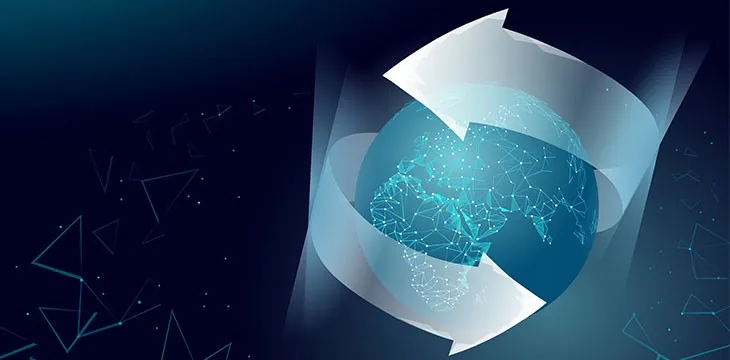|
Getting your Trinity Audio player ready...
|
Government spending on information and communications technologies in the Middle East and Africa (MEA) region is projected to cross the $15 billion mark by 2023. A new report by the International Data Corporation revealed that the region is investing in new technology, with blockchain and artificial intelligence getting rising interest.
In 2019, the MEA region spent a combined $12.8 billion on ICT, the report revealed. The figure is expected to continue rising over the coming years at a compound annual growth rate of 4.8%. Governments in this region have especially focused on digital transformation initiatives. Spending in this sector is projected to continue rising over the next four years at a CAGR of 17.6%.
Blockchain has become an area of interest for most governments in this region, with many seeking to incorporate it into their digital transformation initiatives. These governments see blockchain as a powerful tool for boosting security, reducing fraud and fostering new and better relationships with the citizens. In 2019, government expenditure on blockchain stood at $21 million, but this figure will grow five-fold in the next four years to hit $105 million. This represents an eye-catching CAGR of 49.2%.
The digital transformation initiatives in the MEA region have been quite challenging as most governments are neither ready nor equipped, Jyoti Lalchandani, the VP for the MEA region at IDC remarked. He added, “Governments across the region are under mounting pressure to become both more efficient and more effective. However, this is proving to be a troublesome task as many government organizations are simply not prepared for digital redesign. Whether it’s finding ways to integrate 5G, AI, and blockchain or protect against intrusions on digital trust, government agencies have a whole new set of IT skills to learn.”
The Middle East has woken up to blockchain in recent times, with the United Arab Emirates leading the pack. The country launched the Emirates Blockchain Strategy in 2018 which seeks to transform half of all government transactions to the blockchain by 2021. Dubai has been the epicenter of the UAE’s blockchain revolution with several projects already running.
Africa has also been rapidly adopting blockchain as it seeks to find solutions to challenges that have ailed it for decades. They include corruption, land wrangles, cross-border funds transfers and government accountability.

 07-13-2025
07-13-2025 





